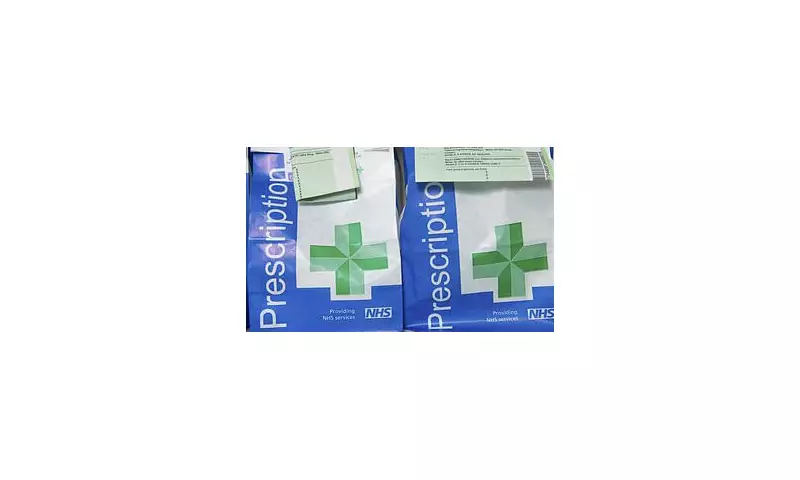
Patients in England will see NHS prescription charges remain frozen for the second consecutive year, Chancellor Rachel Reeves announced today. The decision maintains the current fee of £9.90 per item until at least May 2026, providing relief to millions during the ongoing cost of living pressures.
Financial Relief for Patients
The freeze means patients could save hundreds of pounds over the coming year, as prescription charges typically increase by around 30p annually. This marks the second year running that the government has halted price increases, following April's freeze which was the first in three years.
Chancellor Reeves stated: 'No one should put their health at risk because they can't afford their medication, and as the cost of living still puts pressure on households I'm extending the cash freeze on prescription charges.'
The move is expected to save patients approximately £12 million next year, while those already exempt from prescription payments will continue to receive free medication.
The Prescription Charge Debate
Campaigners have long described the fee as an 'unfair tax on health', particularly affecting those requiring regular medications such as blood thinners or asthma inhalers. England remains the only UK nation that still charges for prescriptions, with Scotland, Wales and Northern Ireland having abolished fees over a decade ago.
Olivier Picard, chairman of the National Pharmacy Association, welcomed the freeze but urged further action: 'Many people choose not to collect some or all their prescription medicines because of cost, with potentially dire health consequences. The prescription charge is a tax that especially hits the working poor.'
Pharmacy leaders argue that despite numerous exemptions, the charge creates arbitrary barriers to essential medicines and should be abolished entirely, following the example set by other UK nations.
Exemptions and Additional Savings
The freeze extends beyond single-item prescriptions. Three-month prescription pre-payment certificates (PPCs) will remain at £32.05, while annual PPCs stay at £114.50. The cost of hormone replacement therapy (HRT) certificates has also been frozen.
Exemptions from prescription charges in England include:
- Patients aged 16-18 in full-time education
- People aged 60 and over
- Those requiring contraception (almost always free)
According to Age UK, more than one in ten people aged over 65 take at least eight different prescribed medications each week, rising to nearly one in four among those over 85.
The prescription charge system generates approximately £600 million annually for NHS services in England. The Chancellor will provide further details in her Budget announcement scheduled for next Wednesday.






